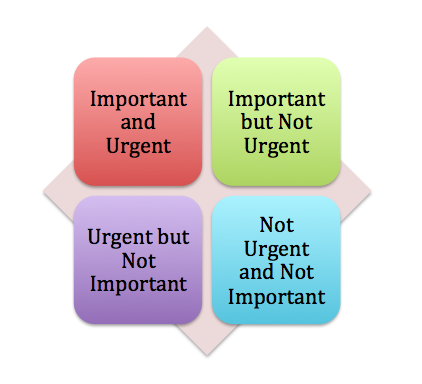Keeping Busy-ness At Bay
I tend to throw things out. That makes my husband—the mini-hoarder—crazy. Yesterday, needing to exchange my Logitron iPad keyboard for one that didn’t randomly but conscientiously repeat zzz’s, he was furious that I hadn’t kept the receipt. But I had, I pointed out, paid for it with my Amex card, and so would be recorded there. And, in any case, the people at the Apple store didn’t ask—they simply replaced the keyboard. That doesn’t always happen, of course. Sometimes it passes that having tossed something in the trash was not such a good idea. But never has it been catastrophic. The seemingly billions of boxes we have, shoved into closets, in the garage, covering one whole room of our house, does seem pretty awful to me.
Keeping things that clearly are not useful makes absolutely no sense. And, as with some things in my house, if they have been in boxes for more than 25 years, their usefulness is at best questionable. It’s like that for a lot of things that development and executive directors do.
The busy-ness of people never ceases to astound me. If all that work was so critical my simple mind avows, then surely resources would be made available. That it is not makes me wonder.
I have solid reasons for this wonderment. The “busiest” of my clients are the ones who are most resistant to planning. And no wonder. In most cases, when finally forced to sit with me and develop a simple calendar of where their time is being used, they are shocked at how little they really accomplish. Even more devastating is when they track their days in lawyer-like fashion.
For the next two weeks, every 15 minutes, stop, and write down what you’ve been doing. Then using colored markers, note what is really important and what is urgent. If you are not sure, Lt. Col. Sara Beyer recommends that you consider this: Important has synonyms such as critical, significant, vital and essential.
Urgent means pressing, pleading, burning, demanding. As Beyer notes, “Urgent appears important at the time, but not have as long lasting consequences. If you pull back a layer, urgent has a lower priority than important.”
Too often we are dealing with the urgent but not important. Equally, we spend way too much time in that lower right hand quadrant, doing busy work that is, perhaps, nice, but doesn’t matter at all.
What are the things that take up your time that are neither urgent nor important?
Janet Levine works with nonprofits, helping them to identify those things that are important to increasing their fundraising capacity. Learn how she can help you at http://janetlevineconsulting.com. While there, sign up for the free newsletter.

